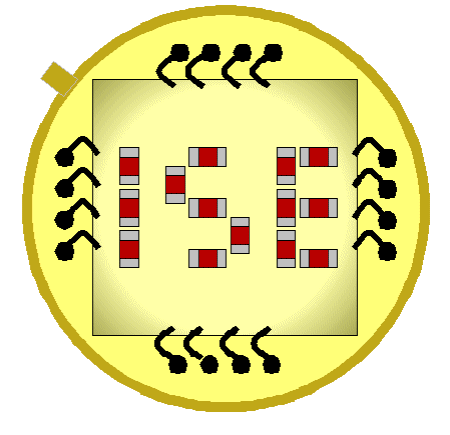
Institute of
Cognitive Integrated Sensor Systems
Prof. Dr.-Ing. Andreas König

Investigations on Integrated Low-Cost Image Processing and Recognition System Design
Subject:
Design considerations and VLSI-implementation of dedicated image processing and
recognition systems in price sensitive application domains
Abstract:
In cooperation with our industrial partner the tasks of dedicated CMOS image
sensor development, OCR system integration, and development of a flexible image
processing and recognition system design environment were tackled in three
subprojects. The result of the third subproject, the QuickCog-System,
was commercialised in 1998 and is now available by our industrial partner (PHYTEC
Sales Information).
Image acquisition for recognition systems imposes very different demands on
sensor and resulting image quality in comparison to consumer applications, where
image quality is subject to human evaluation. In the first subproject,
implementation options for CMOS image sensor implementation were investigated
under constraints as, e.g. area requirement, dynamic range, resolution, power
consumption and readout rate. The aim of this effort was, to support the
effective design of application specific image sensors and their integration
with digital processing in a compact and competitive solution. A first sensor
design was achieved in coordination with the aims of the second subproject.
Automated consumption meter readout is a subject of commercial interest, because
a vast number of installed mechanical meters have to be read out manually today.


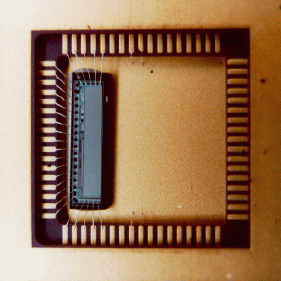
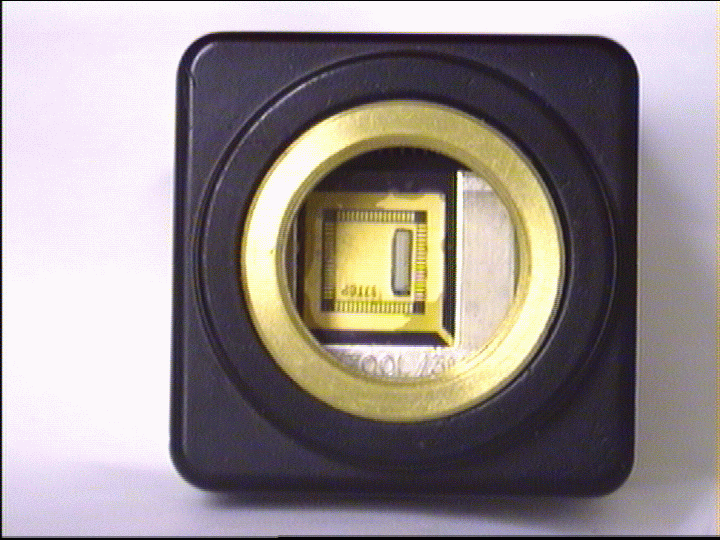
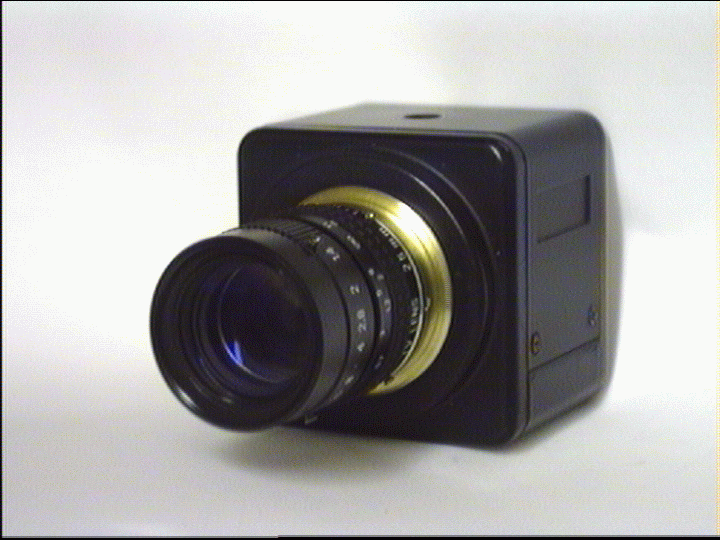
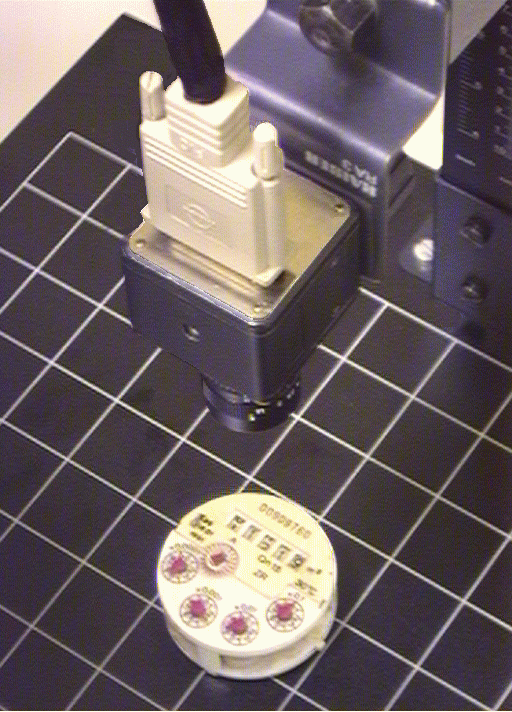
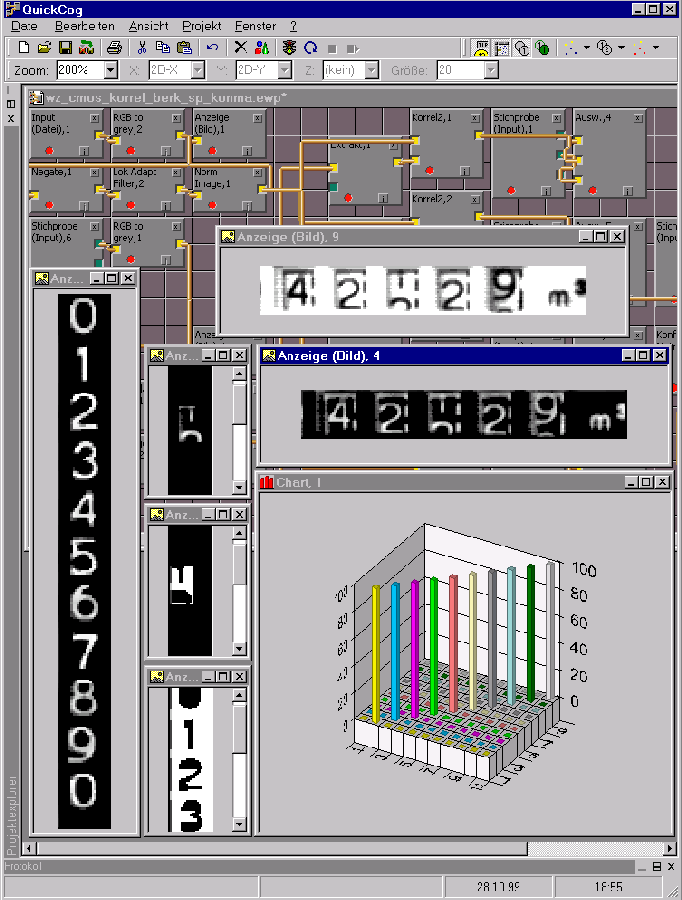
| Status: | concluded, duration 06/1997-10/1998 | ||
| Partner: | PHYTEC Messtechnik GmbH, Robert-Koch-Strasse 39, 55129 Mainz | ||
| Financing: | PHYTEC Messtechnik GmbH, Robert-Koch-Strasse 39, 55129 Mainz | ||
| Contact: | Prof. Dr.-Ing. Andreas König | ||
| Contributors: | Jan Skribanowitz, Stefan Getzlaff, Jörg Schreiter, Michael Eberhardt, and Robert Wenzel | ||
| Publications: | |||
| Schreiter, J., Getzlaff, S., Fendrich, J., Klahr, K., König, A.: Systemstudie für ein integriertes Sensor/Prozessorsystem zur automatischen visuellen Ablesung von Verbrauchszählern. In Tagungsband Fachtagung Informations- und Mikrosystemtechnik, Magdeburg , S. 109-116, 25.-27. März, 1998. | |||
| König, A., Skribanowitz, J., Schreiter, J., Getzlaff, S., Eberhardt, M., Wenzel, R.: Ein System zur schnellen Modellierung von Bildverarbeitungs- und Erkennungssystemen. in Tagungsband der Dresdner Arbeitstagung Schaltungs- und Systementwurf DASS'98, FhG IIS-EAS, Dresden, 26. Mai, 1998 | |||
| König, A., Eberhardt, M., Wenzel, R.: A Transparent and Flexible Development Environment for Rapid Design of Cognitive Systems . In the proceedings of the EUROMICRO'98 Conference, Workshop Computational Intelligence, Västeraas, Sweden, August 25-27, 1998 | |||
| Eberhardt, M., Wenzel, R., König, A.: Efficient Application of Neural Networks in a Self-Learning System for Visual Inspection. In Proc. of the Fourth Int. Workshop on Neural Networks in Applications NN'99, Magdeburg, Germany, pp. , March, 1999. | |||
| Getzlaff, S., Schreiter, J., König, A.: Systematic Design of an Embedded Neural System for Automated Visual Consumption Acquisition. In Proc. of the 7th Int. Conf. on Microelectronics for Neural, Fuzzy, and Bio-Inspired Systems MicroNeuro'99, University of Granada, Spain, pp. 307-314, April 7-9, 1999. |